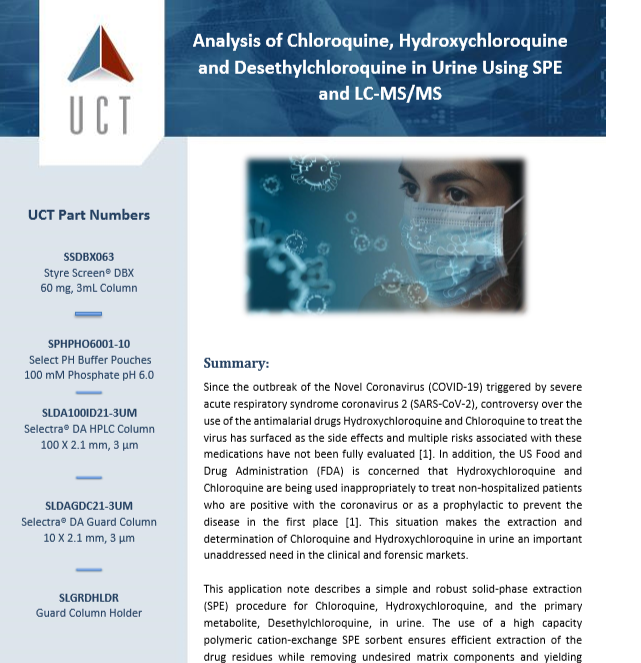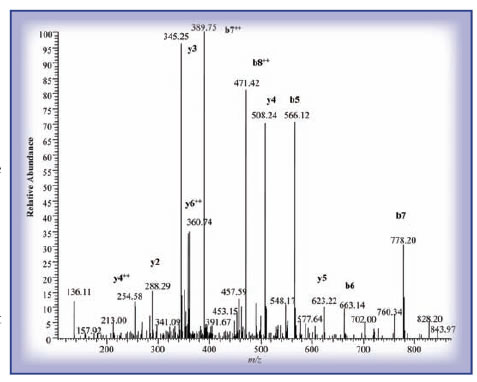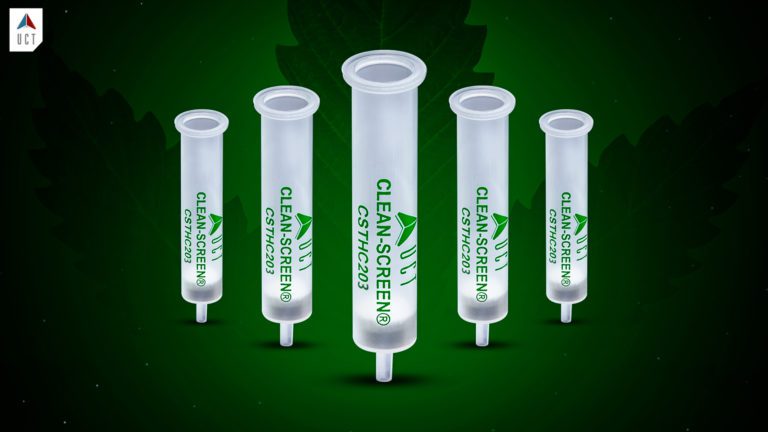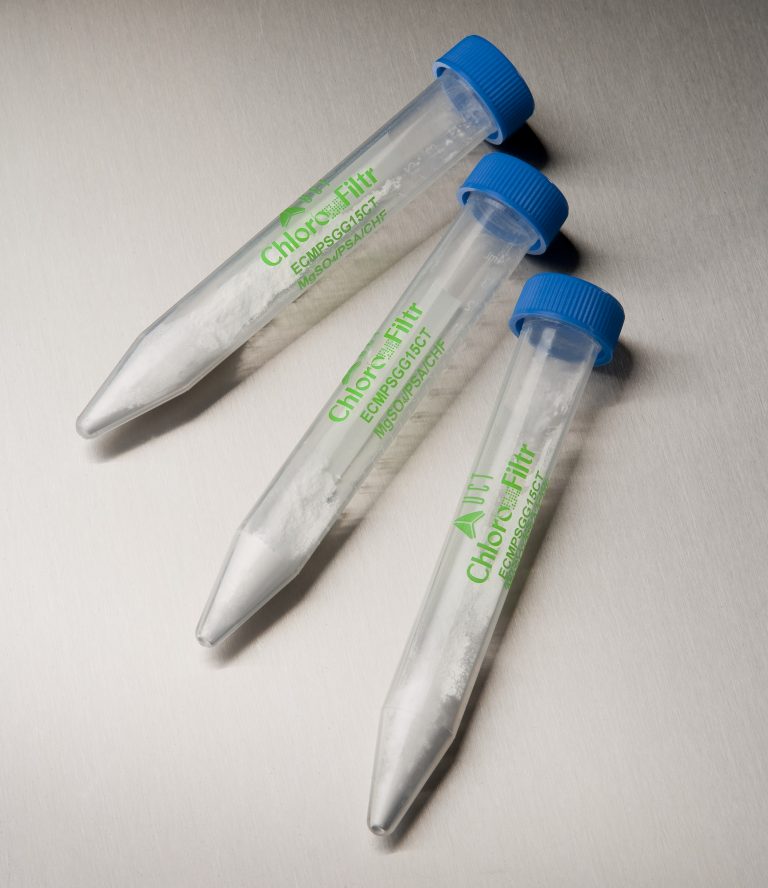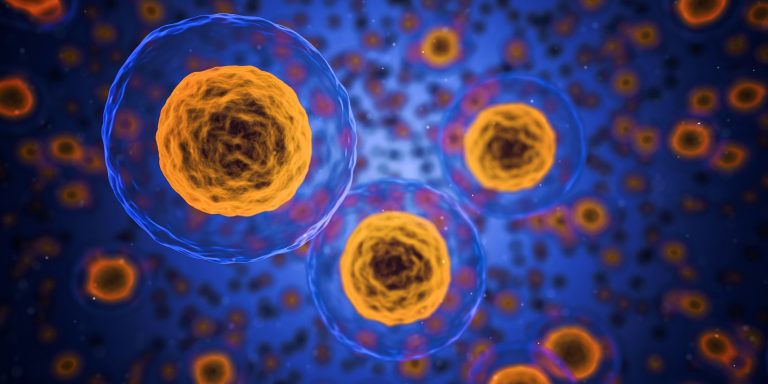UCT releases 2 new application notes
UCT has recently published two new application notes described below. View the full details by accessing the associated links!
Release 1: Analysis of Chloroquine, Hydroxychloroquine and Desethylchloroquine in Urine Using SPE and LC-MS/MS –
Since the outbreak of the Novel Coronavirus (COVID-19) triggered by severe acute respiratory syndrome coronavirus 2 (SARS-CoV-2), controversy over the use of the antimalarial drugs Hydroxychloroquine and Chloroquine to treat the virus has surfaced as the side effects and multiple risks associated with these medications have not been fully evaluated. In addition, the US Food and Drug Administration (FDA) is concerned that Hydroxychloroquine and Chloroquine are being used inappropriately to treat non-hospitalized patients who are positive with the coronavirus or as a prophylactic to prevent the disease in the first place. This situation makes the extraction and determination of Chloroquine and Hydroxychloroquine in urine an important unaddressed need in the clinical and forensic markets.
This application note describes a simple and robust solid-phase extraction (SPE) procedure for Chloroquine, Hydroxychloroquine, and the primary metabolite, Desethylchloroquine, in urine. The use of a high capacity polymeric cation-exchange SPE sorbent ensures efficient extraction of the drug residues while removing undesired matrix components and yielding purified results. HPLC separation was carried out using a Selectra® DA column which resulted in excellent retention and baseline separation (<6 minutes) of the three polar drugs. View more here.
Release 2: Simultaneous Analysis of 19 Novel Synthetic Cannabinoids in Urine Using SPE and LC-MS/MS
Newly identified synthetic cannabinoids pose a significant threat to public health and safety, as their implications in drug overdose and adverse events continue to rise in the United States and around the world. The diverse chemical structures of these compounds have a great impact on their potency and side effects. These synthetic cannabinoids were previously un-reported in forensic toxicology casework in the United States. There are currently few published methods available for the analysis of these novel compounds. However, the importance of identifying and extracting these compounds from various biological matrices is becoming more critical for accurate forensic criminal investigations and clinical diagnostics.
This application note outlines a solid-phase extraction (SPE) and LC-MS/MS method for the analysis of 19 synthetic cannabinoids in urine. These specific compounds were selected based on positivity rates from several key testing labs in the area. The use of UCT’s Styre Screen® HLD highly cross-linked polymeric SPE sorbent ensures efficient extraction of the synthetic cannabinoids while removing undesired matrix components and yielding clean extracts. LC separation was carried out using a Selectra® C18 UHPLC column which resulted in excellent retention and baseline separation of the critical isobaric compounds ADBICA N-pentanoic acid and ADB-PINACA N-pentanoic acid metabolite in under 10 minutes. View more here.

